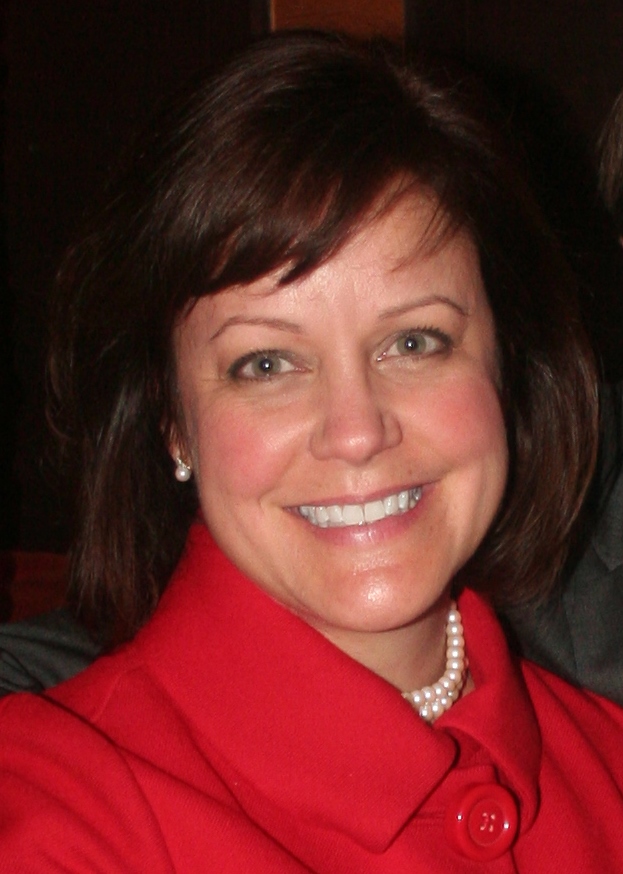Recently, I was listening to the “Happier with Gretchen Rubin” podcast, where Gretchen and her sister, Elizabeth Craft, were discussing their mid-year check in for their 2018 goals. Gretchen had made great progress on her goals, but her sister Elizabeth had pretty much bombed so far with hers.
Elizabeth, who is a writer in Hollywood, has been immersed in her work on a TV series pilot for ABC for the last few months. Her work has taken all of her energy and focus this spring so much has fallen to the wayside. But rather than let her feel guilty, Gretchen reminded Elizabeth that she was in a “Season of Sacrifice” and doing the best she could.
This spring has also been a Season of Sacrifice for me, one that has thrown my life out of balance because of unexpected travel demands related to work. What I thought would be a few weeks of work travel turned into 5 months. I recently told my friends I felt like the kid who agreed to go to camp for a week only to find out her parents had signed her up for the entire summer.
Fortunately, my Season of Sacrifice is certain to end in 10 days, which is the end of our state’s fiscal year. It’s a law thing. It has been a grueling ride, and there are lessons I learned during this season, mostly the hard way, that I will remember when the next Season of Sacrifice rolls around.
1. Understand that your best is different during a Season of Sacrifice. In the book The Four Agreements, Don Miguel Ruiz advises his readers to always do your best, but he is quick to point out the our best varies from day to day. It is important to redefine your best in other areas of your life when one area, such as work, seems to overtake the others. Unless you have super powers, some things have to give and you have to give yourself a break.
2. Make an effort to become more adaptable. I made these grand plans to begin regular trips to the gym when I returned to a normal schedule, rather than trying to find a gym where I was and just get there when I could. I let the perfect become the enemy of the good. Next time I will just squeeze in what I can, when I can, rather than wait for some imagined perfect start time.
3. Revisit your list of regular tasks and prioritize them. Not all things you accomplish during a normal week are created equal. If your plants are dead in your pots, hide them in the garage rather than redo your pots and skip physical therapy. While pretty pots on the patio may bring me more joy, doctor’s appointments are more important.
4. Consider adding new things to your daily list. At first blush this may seem ludicrous, but during times of high stress, self care becomes even more important. For me, it would have made this journey much easier had I spent more time meditating and taking long walks to recharge my batteries.
5. Establish a gratitude practice if you don’t have one already. Writing down what you are thankful for helps keep the pity party from getting too rowdy. I had dear friends who let me stay with them, and I was able to walk to work each day, so I had a really good living situation while I was away from home. Had I reminded myself of this blessing each night, I would have gone to sleep with a more balanced perspective.
6. Prepare yourself for the idea that the planned end date may be pushed back over and over again. I held on too tightly to certain arbitrary dates, and then found myself terribly disappointed when plans changed. If the timeline can be altered by events beyond your control, you need to circle key dates in pencil rather than ink.
Just as you sometimes see snow on the ground in the spring, remember that seasons of life don’t always look the way we think they should. Thriving during these off times is not easy; it requires its own special planning, adaptability, and resilience. But it can be done, especially if there is a long vacation waiting on the other end.


